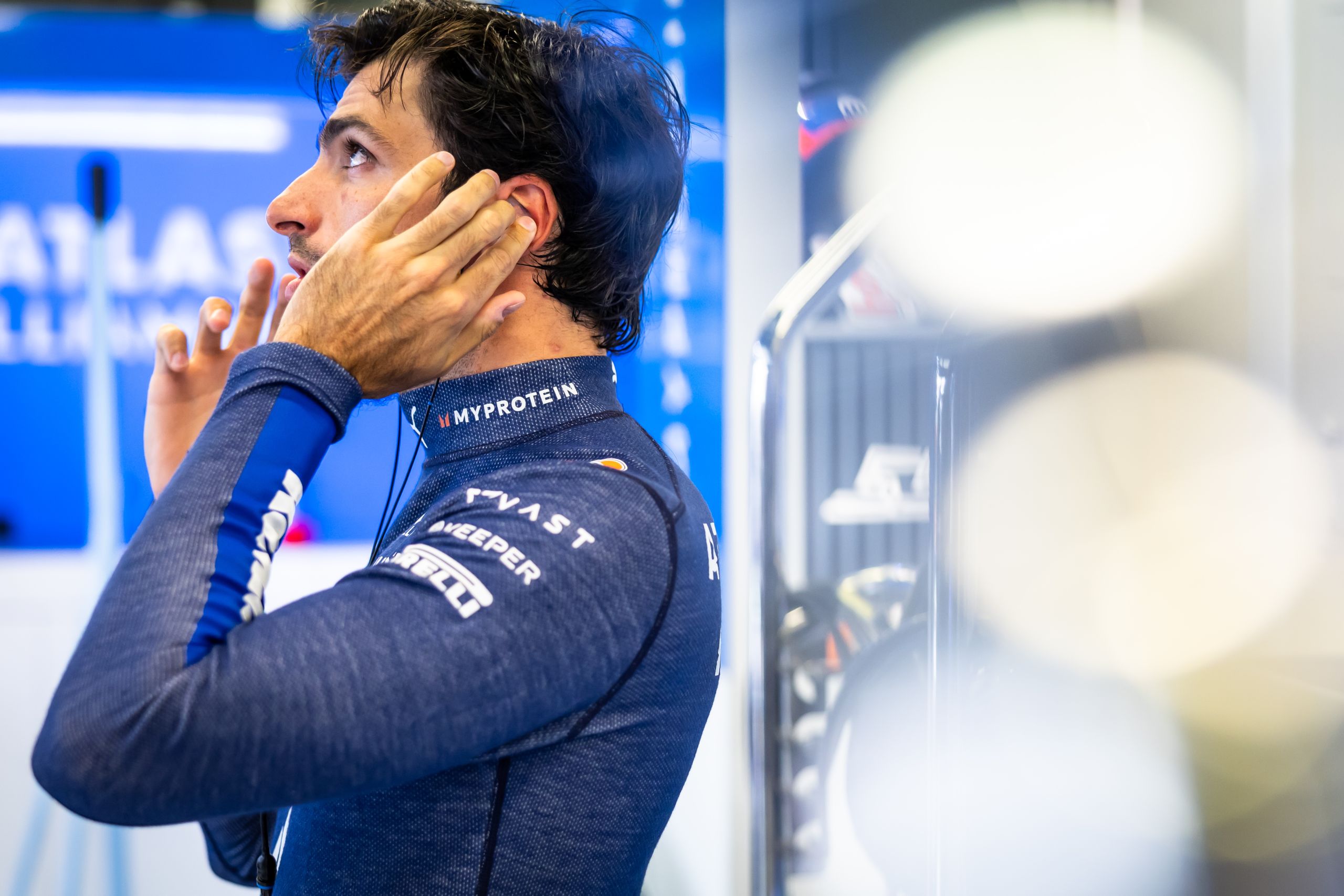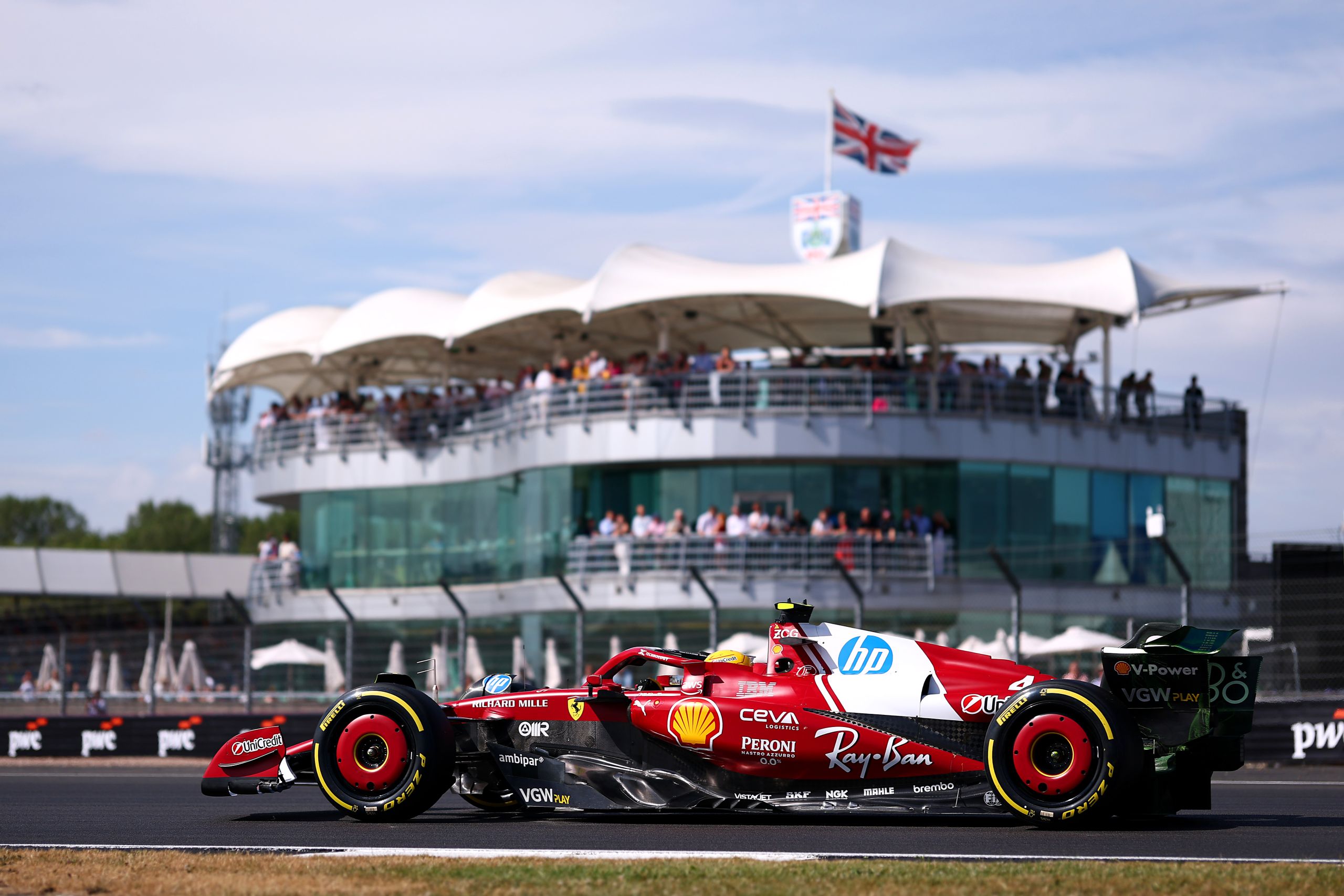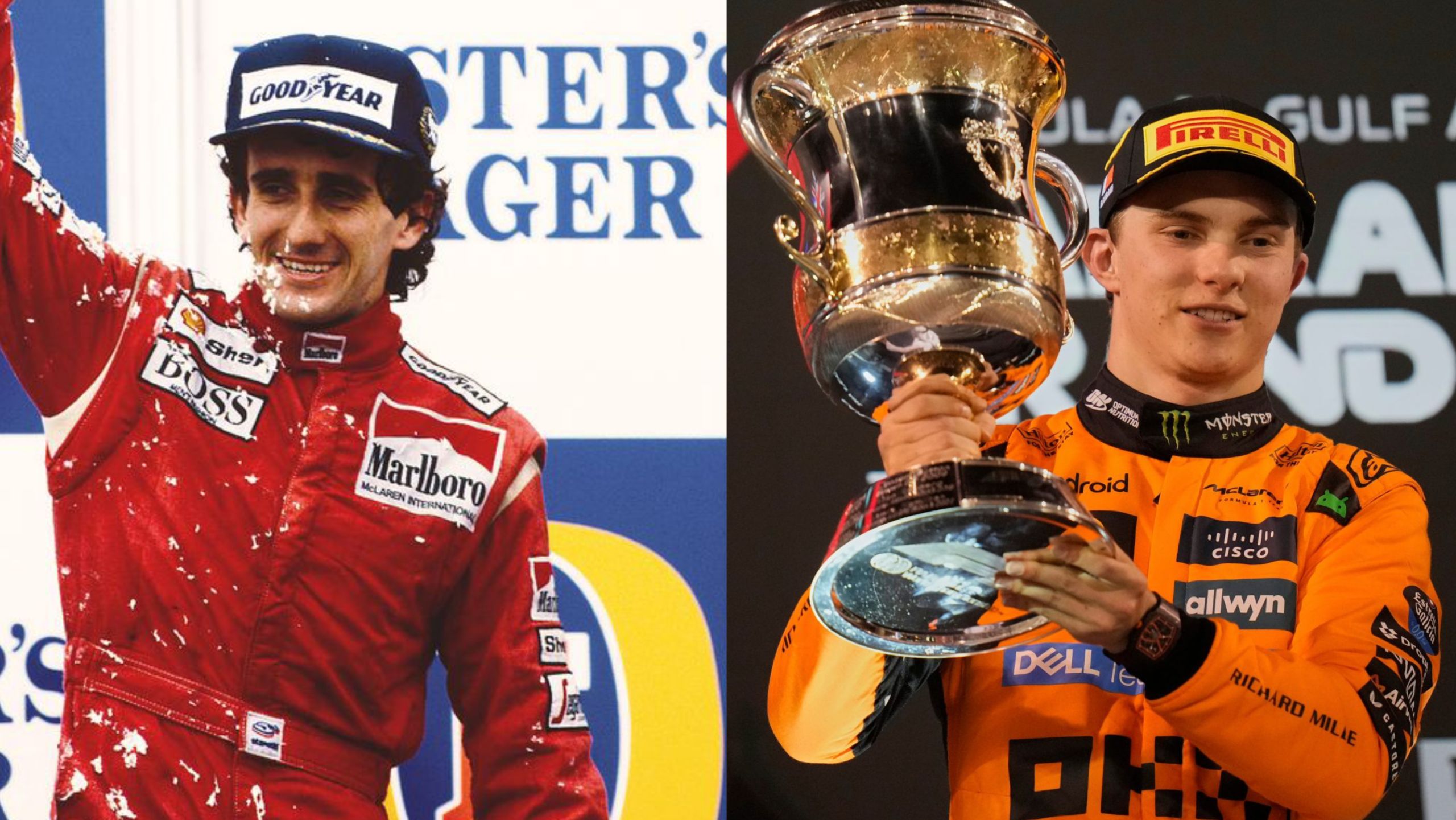Why Are Formula 1 Drivers So Young?
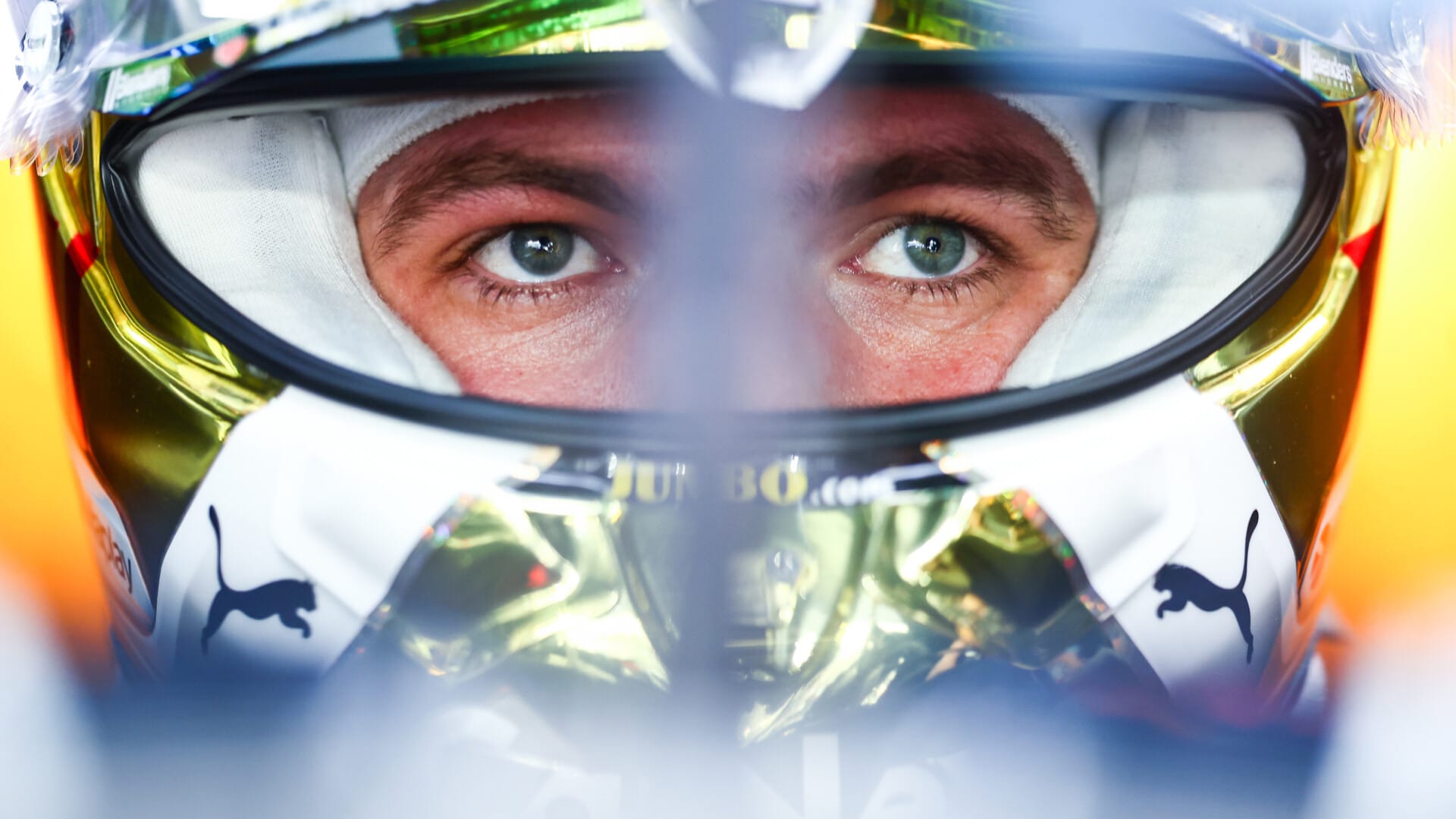
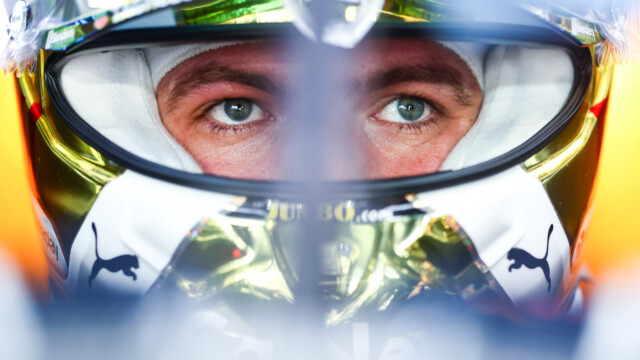
Formula 1 is a prestigious and highly competitive motorsport that attracts some of the best drivers in the world. While there are no age restrictions on who can compete in F1, it is not uncommon for drivers to start their careers at a young age. In fact, many of the most successful drivers in F1 history, such as Michael Schumacher and Lewis Hamilton, made their debuts in their early 20s. But why are Formula 1 drivers so young? In this article, we will explore the reasons behind this trend and consider whether it is likely to continue in the future.
The Demands of the Sport
One of the main reasons why Formula 1 drivers are often young is the demands of the sport. F1 is a physically and mentally demanding activity that requires drivers to be in peak condition at all times. The G-forces experienced during a race can be intense, with drivers subjected to up to 5G of force when braking or cornering. This can take a toll on the body, and it is essential for drivers to be in good physical shape to withstand the demands of the sport.
In addition to the physical demands of F1, the mental demands of the sport are also significant. Drivers must be able to make quick decisions under intense pressure, and they must also be able to maintain their focus and concentration for long periods of time. This requires a high level of mental agility and quick thinking, which is often easier for younger drivers to achieve.
The Need for Fast Reflexes and Quick Thinking
Another reason why Formula 1 drivers are often young is the need for fast reflexes and quick thinking. F1 is a sport that requires split-second decisions, and drivers must be able to react quickly to changing conditions on the track. This is especially important during qualifying, when drivers are competing for the best starting position, and during the race itself, when they must navigate through traffic and respond to any safety issues that may arise.
Younger drivers tend to have faster reflexes and quicker reaction times than their older counterparts, which can give them an advantage on the track. For example, Lewis Hamilton, who is widely regarded as one of the best drivers in F1 history, made his debut at the age of 22 and has consistently demonstrated his quick reflexes and excellent racecraft throughout his career.
Limited Opportunities for Older Drivers
While there are no age restrictions on who can compete in F1, the reality is that opportunities for older drivers are often limited. This is partly due to the physical demands of the sport, as mentioned above, but it is also due to the fact that teams are often looking for young, up-and-coming drivers to invest in and develop. As a result, many older drivers struggle to find a seat in F1, and those who do may find it difficult to compete against younger, more agile drivers.
For example, Giedo van der Garde, who made his F1 debut at the age of 27, struggled to find a permanent seat in the sport and eventually retired in 2016 at the age of 32. Similarly, Heikki Kovalainen, who made his debut at the age of 26, struggled to maintain a competitive seat in F1 and eventually retired from the sport at the age of 33.
The Pressure to Perform at a High Level
Another factor that may contribute to the trend towards younger drivers in F1 is the pressure to perform at a high level. F1 is a highly competitive sport, and drivers are under constant scrutiny from their teams, the media, and fans. This pressure can be intense, and it is often easier for younger drivers to handle it, as they have less experience in the sport and may not be as affected by the pressure to perform.
However, it’s worth noting that the pressure to perform is not limited to younger drivers. All drivers in F1 are under intense pressure to perform at a high level, and older drivers may actually have more pressure on them, as they may have less time left in their careers to achieve success.
For example, Fernando Alonso, who is considered one of the best drivers in F1 history, has faced significant pressure to perform throughout his career. Despite his success, Alonso has often found himself in a position where he is expected to deliver results, and this pressure has no doubt played a role in his decision to retire from F1 at the age of 39.
The Risk of Injury
It’s also worth considering the risk of injury in F1, which can be a significant concern for drivers of all ages. The high speeds and close proximity of the cars on the track mean that accidents are an inherent part of the sport, and drivers are always at risk of injury.
Younger drivers may be at a slightly lower risk of injury due to their physical fitness and quick reflexes, but this does not mean that they are immune to accidents. In fact, some of the most serious accidents in F1 history have involved young drivers, such as Jules Bianchi, who died at the age of 25 as a result of injuries sustained in a crash at the 2014 Japanese Grand Prix.
The Role of Youth Programs
Many Formula 1 teams have youth programs in place to identify and develop young talent. These programs often start at a young age, with drivers as young as eight or nine competing in karting races and working their way up through the ranks. This gives young drivers the opportunity to gain experience and showcase their skills to potential F1 teams. As a result, it is not uncommon for drivers to make their F1 debuts in their early 20s after spending several years working their way up through the ranks.
The Importance of Sponsorship
Sponsorship is a crucial factor in F1, as it helps to cover the high costs of competing in the sport. Teams are often more likely to invest in young drivers who have the potential to attract sponsorship and bring in revenue for the team. This can give young drivers an advantage when it comes to securing a seat in F1, as they may have more sponsorships and funding available to them.
The Role of the Driver Market
The driver market in F1 can be highly competitive, with teams constantly searching for the best talent. This can make it difficult for older drivers to find a seat in the sport, as they may be overlooked in favor of younger drivers who are seen as having more potential. As a result, many older drivers are forced to retire from F1 or compete in lower categories of motorsport.
The Role of Experience
While youth may have some advantages in F1, experience can also be a valuable asset for drivers. Older drivers who have spent several years competing in the sport may have a deeper understanding of the technical aspects of the car and may be better equipped to handle the pressure of F1. However, as mentioned earlier, opportunities for older drivers are often limited, and it can be difficult for them to make a comeback in the sport.
The Future of F1
It’s worth considering whether the trend towards younger drivers in F1 is likely to continue in the future. While it seems likely that young drivers will continue to dominate the sport, it’s possible that we may see more experienced drivers making a comeback in F1. For example, Kimi Raikkonen, who was one of the oldest drivers on the grid, consistently demonstrated his skills and achieved success in his mid-40s. It’s also worth noting that F1 is constantly evolving, and it’s possible that new technologies and regulations could level the playing field and make it easier for older drivers to compete.
Why Are Formula 1 Drivers So Young? – Key Takeaways
In conclusion, Formula 1 drivers are often young due to the demands of the sport, the need for fast reflexes and quick thinking, the limited opportunities available to older drivers, the pressure to perform at a high level, and the risk of injury. While this trend towards younger drivers is likely to continue in the future, it is worth noting that drivers of all ages have achieved success in F1, and it is possible for experienced drivers to make a comeback in the sport. Ultimately, it will depend on the individual driver’s skills, experience, and ability to handle the pressure of F1.
Why Are Formula 1 Drivers So Young? – FAQs
Why are Formula 1 drivers so young?
Formula 1 is a physically and mentally demanding sport that requires drivers to be in peak condition. Younger drivers may have an advantage due to their quick reflexes and quick thinking, and they may also have more opportunities to secure a seat in F1 due to the limited opportunities available to older drivers.
Is it common for drivers to start their careers at a young age?
Yes, it is not uncommon for drivers to start their careers at a young age in F1. Many of the most successful drivers in F1 history, such as Michael Schumacher and Lewis Hamilton, made their debuts in their early 20s.
Are there any age restrictions for drivers in F1?
No, there are no age restrictions for drivers in F1. However, the physical and mental demands of the sport can make it more challenging for older drivers to compete at the highest level.
Who is the youngest ever driver in F1?
Max Verstappen is the youngest ever driver to compete in F1, making his debut at the age of 17 in 2015.
Who is the oldest ever driver in F1?
Luigi Fagioli is the oldest ever driver to compete in F1, racing in the 1951 French Grand Prix at the age of 53.


